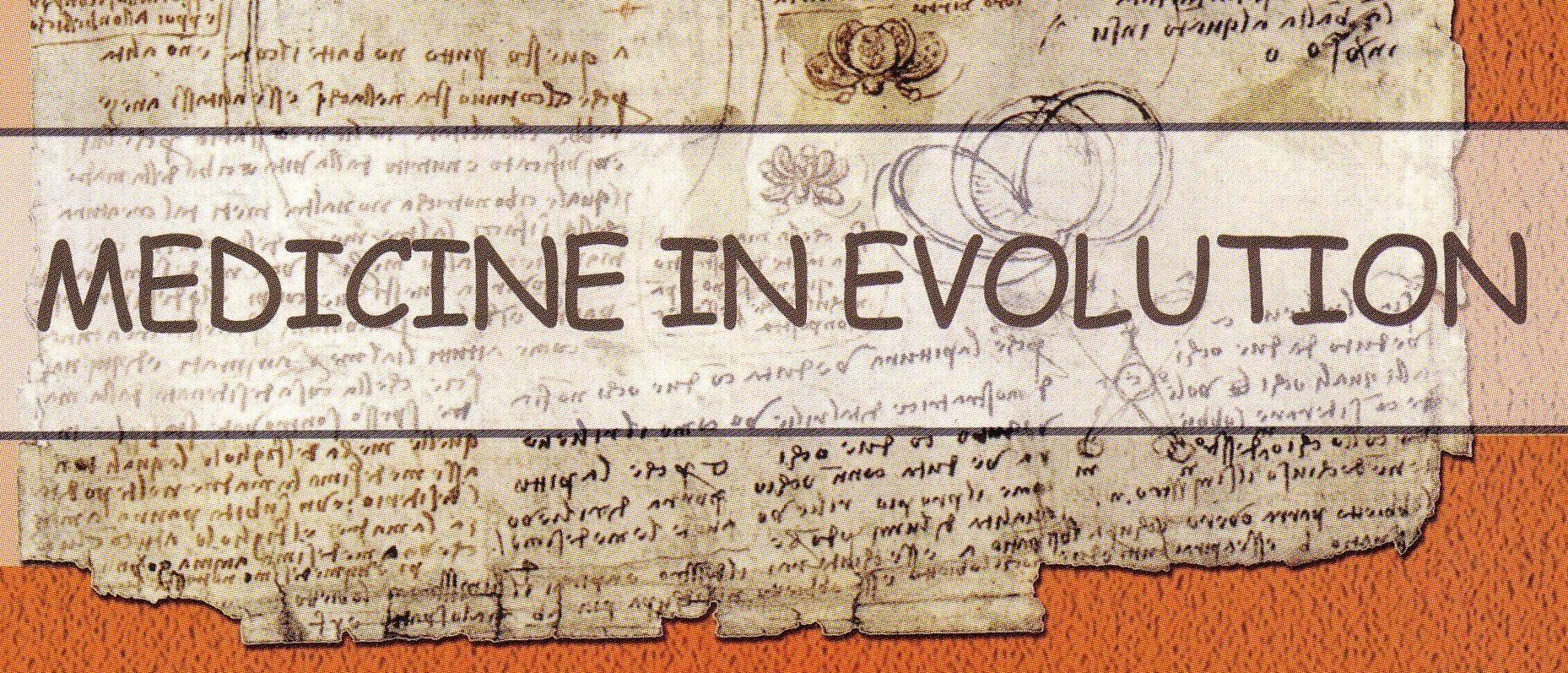|
Medicine in evolution
|
- Abstract - Pregnancy is a hypercoagulable state with an increased thrombotic risk throughout gestation and the postpartum period. Women with thrombophilia may have an increased risk of placental vascular complications, including pregnancy loss, preeclampsia, intrauterine growth restriction, and placental abruption.This thrombotic risk is an important cause of maternal morbidity and mortality. Preliminary data suggest that maternal antithrombotic prophylaxis may result in improved gestational outcome. Although the most compelling data derive from women with antiphospholipid antibodies, the use of anticoagulation for prevention of these complications in women with heritable thrombophilia is frequent. Key words: thrombophilia and pregnancy, antithrombotic prophylaxis
Webmaster: Creanga Madalina |
|---|
